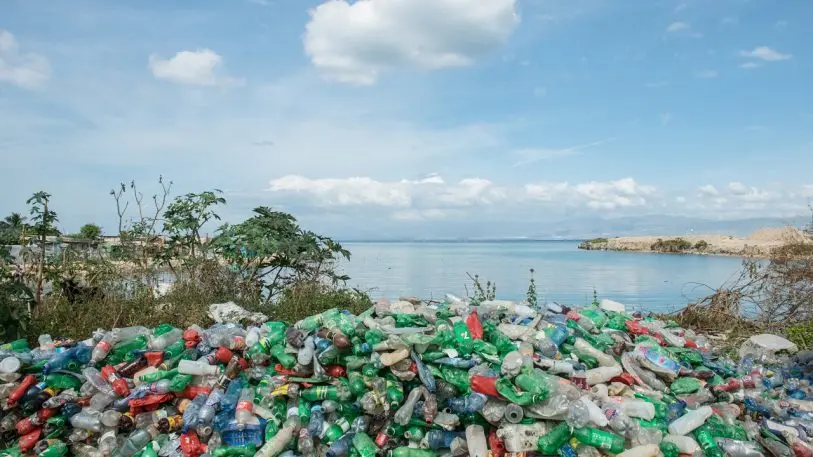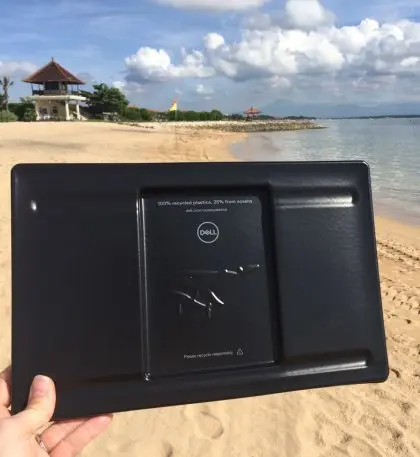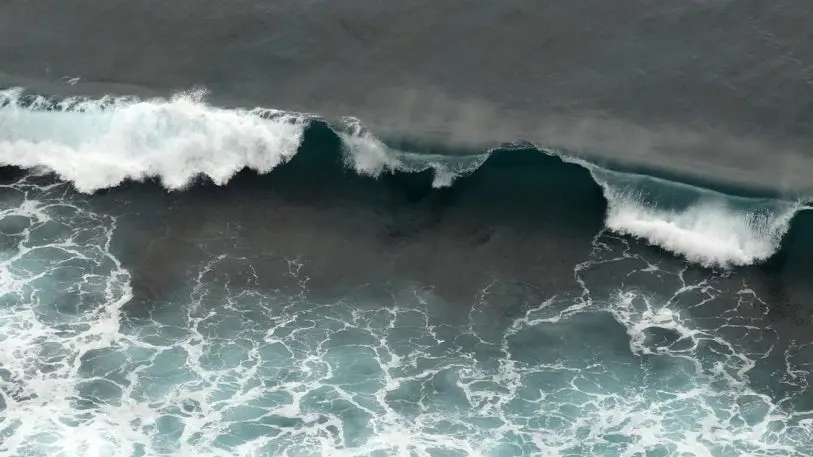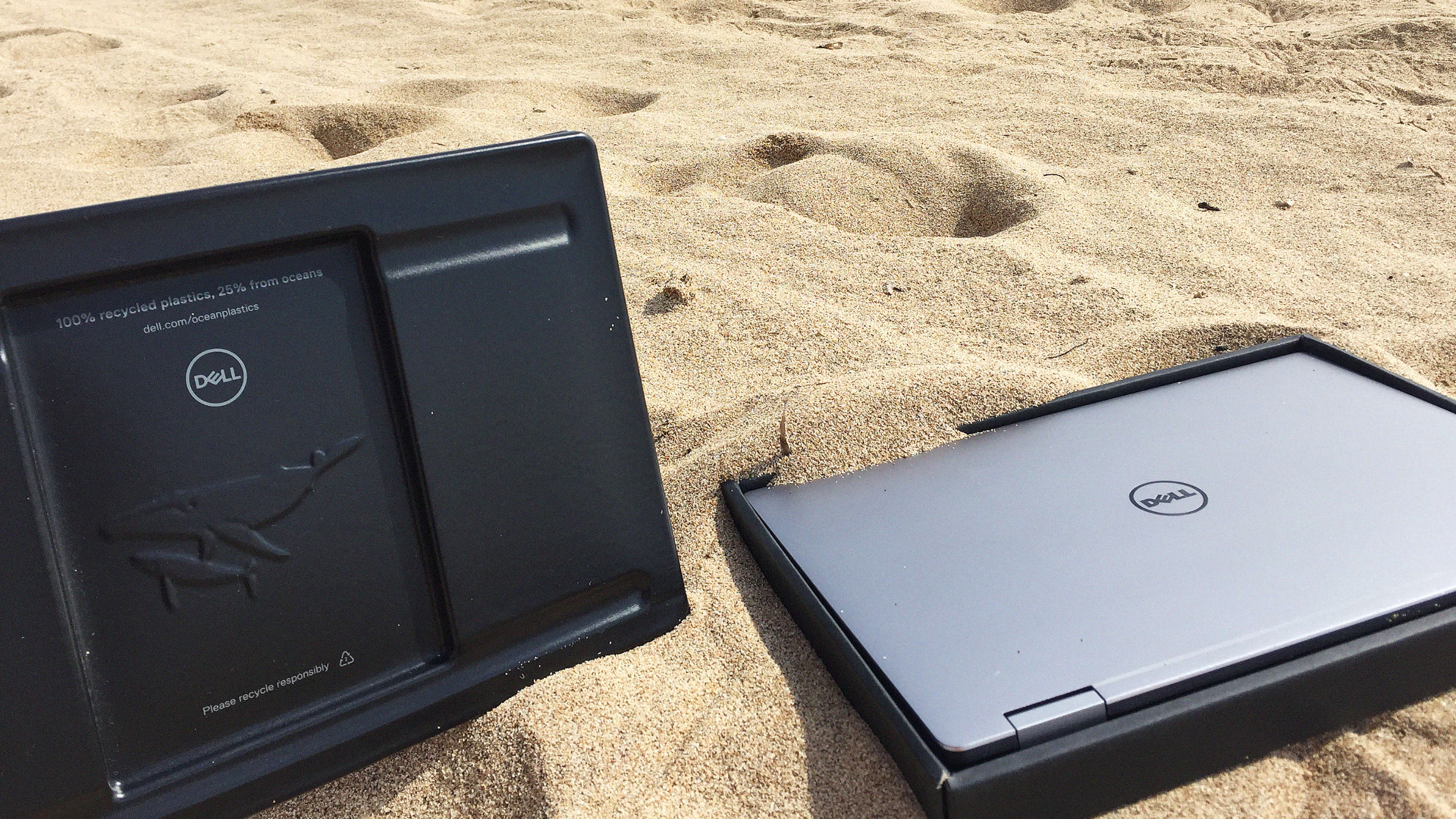You’d be forgiven for thinking there’s nothing remarkable about the plastic packaging trays that hold new laptops inside their cardboard boxes. But this year, Dell transformed those banal objects into an experiment in rescuing and reusing 16,000 pounds of plastic this year that otherwise would’ve ended up in the oceans.
In April, the tech company rolled out the first round of its recycled plastic trays, which were created with a mix of rescued ocean plastic (25%) and other recycled plastics (75%). Using recycled materials is nothing new for Dell–since 2008, following the launch of an electronics recycling initiative, the company has to date incorporated more than 50 million pounds of repurposed plastics into its products.

To do so, Dell worked with the Lonely Whale, an ocean advocacy foundation founded by the actor Adrian Grenier, and focused on reducing the volume of plastic in the oceans, which currently totals around 8 million tons per year. Dell first conducted a feasibility study in Haiti in 2016 to determine if and how the company could collect enough plastic from oceans and waterways, and to figure out how to wash and treat the collected materials in order to integrate it into their supply chain. The initial work in Haiti, says Oliver Campbell, Dell’s director of procurement for packaging, proved the concept, and gave Dell a sense of how this kind of effort could be scaled: They learned, for instance, that it’s more productive to focus on intercepting plastic while it’s still on land, rather than fishing it out of the seas.

Establishing that supply chain is not a simple task. Dell and the Lonely Whale are partnering with global NGOs and on-the-ground recycled-materials suppliers in the Jakarta area, whom they will vet to ensure that the people actually responsible for clearing out plastic from the shores and waterways are paid well and treated ethically. They will also have to ensure that the recycling infrastructure in Indonesia can clean and process the marine plastics such that they can be repurposed into usable materials.
It’s a complicated process, but Dell is now not the only company with a stake in getting the supply chain down. Earlier in December, the Lonely Whale and Dell announced the launch of NextWave, an open-source initiative to engage a spate of private companies, scientists, and NGOs to figuring out how to integrate ocean-bound plastics into consumer products in a way that’s scalable and sustainable. The founding companies include Trek Bicycle Corporation, Herman Miller, and General Motors, and all are currently working on creating a use case–like Dell’s recycled plastic laptop trays–to prove the viability of the model. “What we’ve done in our strategy is to essentially de-risk the supply chain,” Campbell says. By Dell going first and making headway into figuring out how to incorporate ocean-bound plastics–and making that information open-source–smaller companies can follow more easily in their footsteps.
Companies like Adidas have previously forayed into ocean plastic prevention; through a partnership with the nonprofit Parley for the Oceans, which aims to use design to promote sustainability, the company released a limited-edition shoe knitted from marine plastic that was woven into a durable thread. But the purpose of NextWave, Grenier tells Fast Company, is to bring ocean-bound plastic use out of the territory of limited editions, and into standard usage. “This isn’t a proprietary PR stunt,” Grenier says. “This is going to scale globally, to the extent where we can have a real impact. There’s not room for competition here–we all have to work together.”

The Lonely Whale is hoping that bringing in multiple corporate partners–and leaving the door open for many more to apply and join the initiative–will create enough demand for ocean-bound plastic materials that a strong, robust capture effort and supply chain will eventually result. NextWave anticipates it will be able to divert 2 million pounds of plastic, the equivalent of 66 million plastic water bottles, from the oceans over the next five years.
“Where we are in our understanding of the ocean plastic issue is at the very beginning,” says Dune Ives, the Lonely Whale’s executive director. We have some data to work with, she adds: 83% of the drinking water supply globally is already polluted with plastic. NextWave is hoping to intervene before those statistics become more drastic, and before their impacts become more palpable than they already are. “But there’s a lot to learn about the material integration of a waste product,” Ives says. “There’s toxicity issues, there’s human rights issues, there’s design issues,” she says. “It’ll take a whole team to really solve this problem.”
Recognize your brand’s excellence by applying to this year’s Brands That Matter Awards before the early-rate deadline, May 3.
